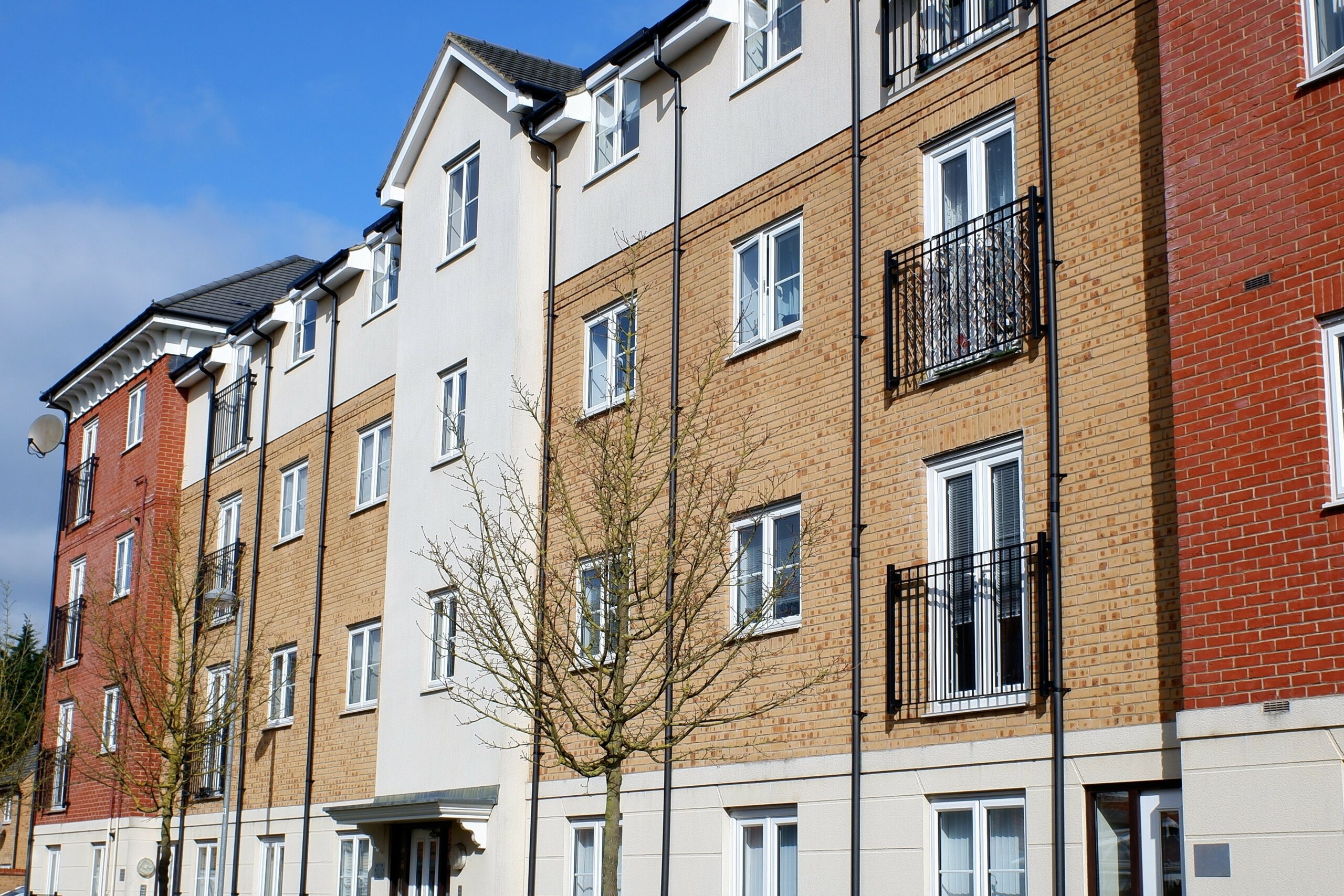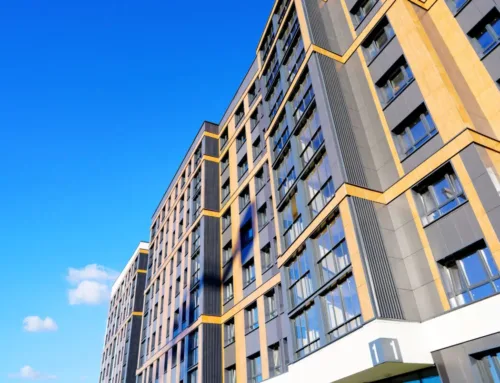Belinda Bagnall, Managing Director at Residentsline, looks at the changes in the leasehold sector in recent times. Recently there has been much discussion around changes to the leasehold sector, and whether they spell the end of leasehold altogether. The first of two expected bills has already been passed, the second is yet to be detailed or given a timeline.
 Here we’ll discuss the changes made so far, what may be to come, and whether the leasehold sector may indeed be ‘abolished’ in the near future.
Here we’ll discuss the changes made so far, what may be to come, and whether the leasehold sector may indeed be ‘abolished’ in the near future.
What Has Changed So Far?
Back in January of 2021, the then Secretary of State, Robert Jenrick, announced that leasehold reform would begin with two pieces of legislation. The first of those came into force on the 30th June 2022 (The Leasehold Reform (Ground Rent) Act 2022).
This bill effectively banned ground rent for new leases (including retirement properties as of 1st April 2023). It also bans landlords from charging administration fees for collecting a peppercorn ground rent, preventing unscrupulous Landlords from charging £1 for the Ground rent but for an extortionate ‘admin fee’.
The Leasehold Reform (Ground Rent) Act 2022 is an undeniably positive move in the right direction, but it only helps new leaseholders. Millions of existing leaseholders are still waiting to hear how their situations may be improved.
In addition, last week a report on proposed reforms was issued for multi occupancy properties. Recommendations included expecting brokers to stop paying commission immediately where they do not have the appropriate justification and evidence for doing so in line with the fair value rules. The Department for Levelling Up has announced it intends to ban the payment of sharing of insurance commissions with managing agents, landlords and freeholders. Read the full report here FCA’s report 21/04/2023.
What Could Happen Next?
Recent announcements from Housing Secretary Michael Gove have suggested that he plans to abolish the leasehold system. On the 20th February 2023, he said:
“We hope, in the forthcoming King’s Speech, to introduce legislation to fundamentally reform the system…We need to end this feudal form of tenure and ensure individuals have the right to enjoy their own property fully.”
Any abolishment of the leasehold system will not be simple or speedy. With freeholders, property managers and developers deeply invested in keeping the system going, resistance is expected. Despite the expected push-back, reforms will, according to the Government:
- Reform the process of enfranchisement valuation used to calculate the cost of extending a lease or buying the freehold.
- Abolish marriage value.
- Cap the treatment of ground rents at 0.1% of the freehold value and prescribe rates for the calculations at market value. An online calculator will simplify and standardise the process of enfranchisement.
- Keep existing discounts for improvements made by leaseholders and security of tenure.
- Retain the separate valuation methodology for low-value properties known as “section 9(1)”.
- Give leaseholders of flats and houses the same right to extend their lease agreements “as often as they wish, at zero ground rent, for a term of 990 years”.
- Allow for redevelopment breaks during the last 12 months of the original lease, or the last five years of each period of 90 years of the extension to continue, “subject to existing safeguards and compensation”.
- Enable leaseholders, where they already have a long lease, to buy out the ground rent without having to extend the lease term.
Related Government Activity and Proposals
Aside from the headline-grabbing proposals, the Government is continuing to work towards other reforms including:
- Studying submissions for a consultation on proposals to extend the right to manage and enfranchisement rights in mixed-use buildings, commonhold voting rights in shared ownership properties and the provision of information during the sale of a commonhold property (the consultation opened in January 2022 and submissions were accepted until February the same year).
- Considering the recommendations set out in a July 2019 final report from the ‘Regulation of Property Agents Working Group’, with an aim to enforce regulation.
- Making the buying/selling of leasehold properties easier through standardised timescales, forms for information and maximum fees.
- Continuing to meet with and consider recommendations from the Redress Reform Working Group established in 2019.
So, What Does All This Mean for the Sector?
The culmination of all these legislative changes means that we’re moving towards a commonhold system. If the leasehold system were to be largely abolished, it would make it much easier for leaseholders to come together and buy the freehold of their building.
Under a commonhold ownership, flat owners would own the freehold of the building, removing the ticking clock of their expiring lease and putting them in collective control of the management of their building (which can either be done themselves, or they can choose a manging agent to handle this for them).
With a distinct lack of certainty around what is to come, it’s unlikely that the system will be abolished in its entirety by the end of this year. But the proposals do suggest that current or prospective leaseholders need to weigh up their options, seek professional advice and think carefully about their timing when it comes to purchasing or selling a leasehold property, or extending existing leases. Head to the Residentsline website for information on all of our products and services or, if you’d like to speak to one of our fantastic, specialist team, give us a call on 0800 281 235.




Leave A Comment